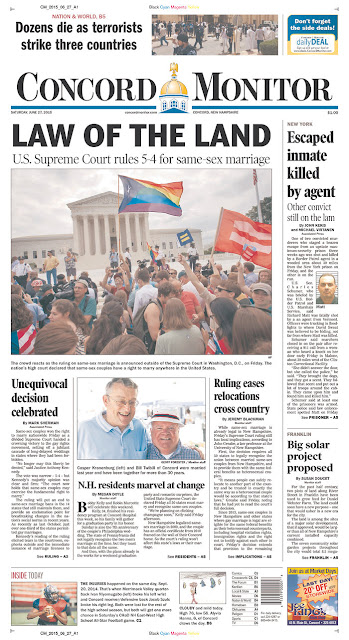A Little Life by Hanya Yanagihara

Wrenching . I don't know a better word for Hanya Yanagihara's novel A Little Life , published earlier this year by Doubleday. Heart-wrenching , yes. But more than that. Not just the heart. The brain, the stomach, all the organs and muscles. It is a full-body-wrenching experience, this book. It's too early to say whether this is a Great Novel, whether it is a novel for the ages, a novel that will bear numerous re-readings and critical dissections and late-night litchat conversations; whether it will burn long or be a blip on the literary landscape. Who knows. It's not for me to say. What I can say, though, is that working through (sometimes rushing through) its 700 pages was one of the most powerful reading experiences of my life. There are passages and situations in this book that many readers will not want to live with, will not want in their minds' eyes, and I can sympathize with that. Yanagihara's own editor said , "I initially found A Littl...











